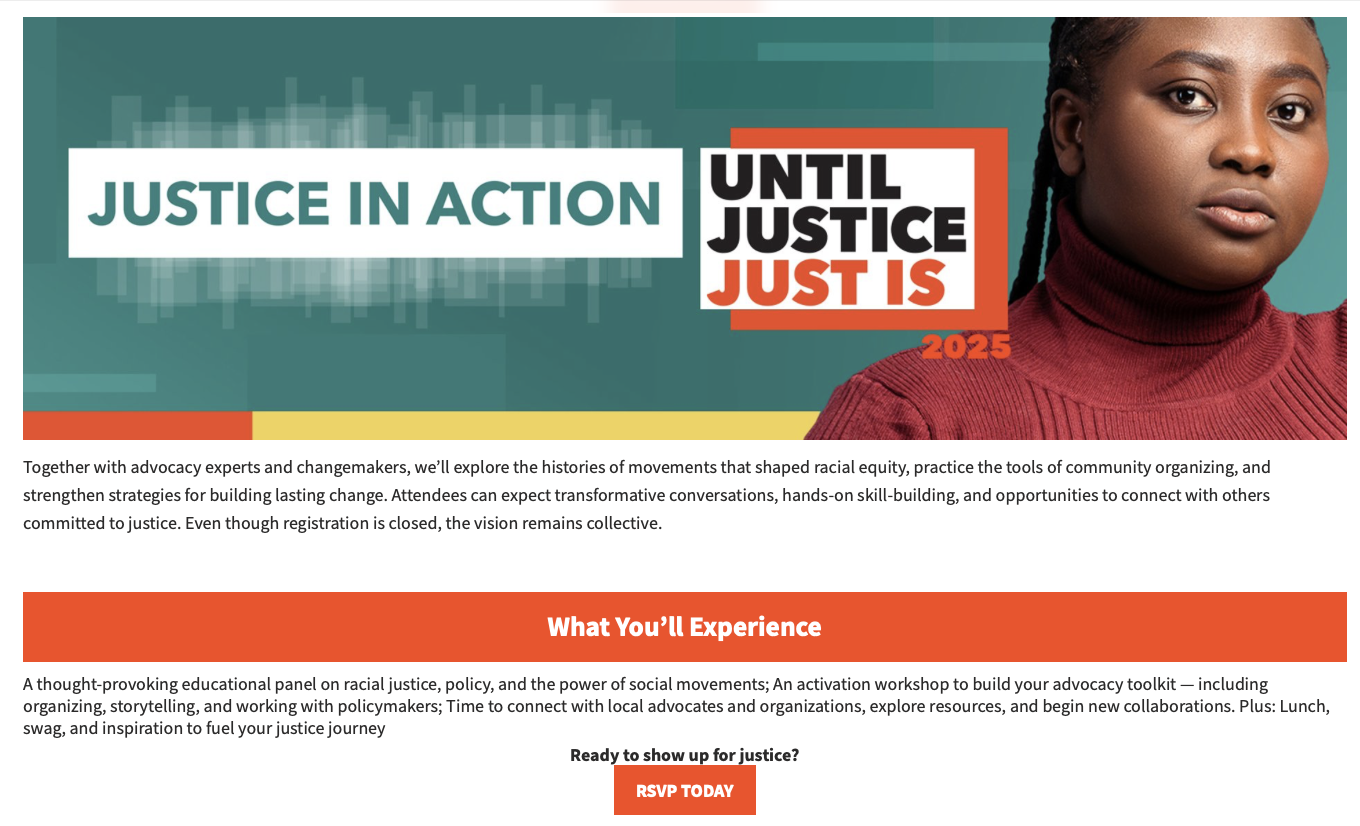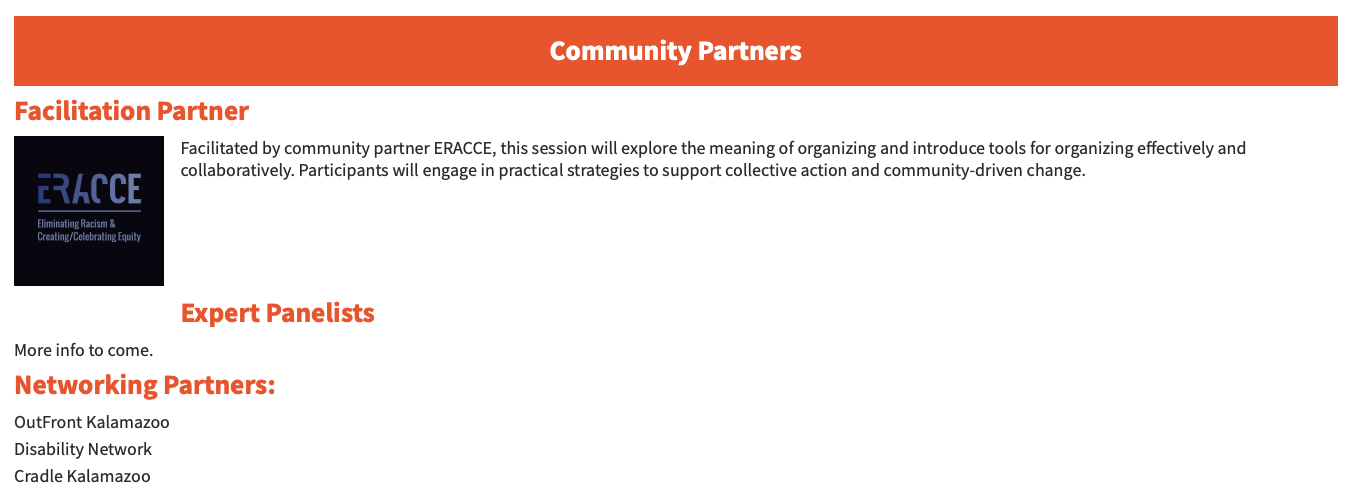Sara Carroll-Muniz
Facilitator • Educator • Director • Advocate
The people I love the best
jump into work head first
without dallying in the shallows
and swim off with sure strokes almost out of sight.
They seem to become natives of that element,
the black sleek heads of seals
bouncing like half-submerged balls.
I love people who harness themselves, an ox to a heavy cart,
who pull like water buffalo, with massive patience,
who strain in the mud and the muck to move things forward,
who do what has to be done, again and again.
I want to be with people who submerge
in the task, who go into the fields to harvest
and work in a row and pass the bags along,
who are not parlor generals and field deserters
but move in a common rhythm
when the food must come in or the fire be put out.
The work of the world is common as mud.
Botched, it smears the hands, crumbles to dust.
But the thing worth doing well done
has a shape that satisfies, clean and evident.
Greek amphoras for wine or oil,
Hopi vases that held corn, are put in museums
but you know they were made to be used.
The pitcher cries for water to carry
and a person for work that is real.
To be of use,
Marge Piercy
About.
Sara is an experienced, passionate educator, facilitator, nonprofit leader, and collaborator with deep roots in Kalamazoo. She has an abiding commitment to educational equity, accessibility, inclusion, and community repair and restoration through systems change. She brings systemic analysis, creativity, a strong desire to learn and understand complex issues, and dedication to centering marginalized voices to her work.
Approach.
Collaborative
Transforming institutions and systems requires inclusivity, creativity, and collaboration if we are to create durable change. We cannot dismantle existing hierarchies and power dynamics in our institutions without first doing so in the spaces where we are working to make the change. I am committed to power sharing, consensus building, and lifting up other leaders.
Historical & Systemic
The purpose of a system is the outcomes it produces, even when we may think of its purpose differently. This means that in order to create effective, durable change, we must understand how a system functions, and how it came to be, and why it operates as it does. Grounding in history provides insight into leverage points for making change, while also keeping me oriented toward learning from elders and building upon and with existing efforts.
Responsive
People are diverse, complicated, sometimes messy, and beautiful. I excel at observing, listening, and adapting to groups’ unique needs, whether shifts in content, modes of delivery, or changing facilitation strategies to meet each group where they are.
Anti-Bias Child Welfare & Race Data Collection
Adapted Anti-Bias Education framework to child welfare context to provide training for child welfare workers at MDHHS in order to improve accurate data collection, increase authentic relationships between workers and families, and improve culturally appropriate service delivery.
Designed and facilitated training for staff, supervisory implementation teams, and train-the-trainer sessions. Participated in program evaluation.
Projects.
Truth, Racial Healing, & Transformation
Education Design Team Lead collaborating with community-based organizations and public school educators to create community goals for equitable education and implement programming to reach those goals.
Facilitated design team meetings, made determinations about the use of philanthropic funds, and designed and facilitated racial equity training for educators.
Culturally Responsive & Sustaining Education
New York University Education Justice Research & Organizing Collaborative affiliate to facilitate curriculum evaluation and revision with schools, youth, families, and community stakeholders.
Project revealed significant harm in existing curricula and provides a tool for assessment to inform revisions to instructional strategies, materials, and classroom management to make learning environments culturally responsive and sustaining.
Experience.



Collaboration.
-
Western Michigan University Home D. Stryker School of Medicine, Facing Racism as part of Medical Education (FRAME): American Association of Medical Colleges funded project to revise curriculum of required coursework for first & second year medical students, including guest facilitation, networking for four community leader panel presentations, and updates to service learning program.
-
Michigan Transformation Collective (MTC) National Day of Racial Healing (NDoRH): Presented a workshop on personal storytelling as a process for unpacking internalization, connecting to personal and shared history, and building community as part of MTC's NDoRH series.
-
Michigan State University Kinship Care Resource Center (MSU KCRC): Co-led the creation of a staff development plan including facilitated sessions and small group consultation for three teams within KCRC to build shared analysis and language of how their work intersects with systemic oppressions, develop skills and capacity for having difficult conversations, and build team cohesion.
-
Antiracism Transformation Teams (ARTTs): Support the development of transformation teams with training, strategic planning, and plan monitoring for ARTTs in Kent County, Jackson County, Children's Services Administration, Office of Child Support, and Michigan Human Services. Serve as team liaison to support the work of antiracist organizational transformation. Gather team leadership for community building, sharing ideas, collaboration to support each other’s efforts.
-
YWCA Solidarity Sessions & Nonprofit Leaders Coalition: Delegation of ERACCE staff to facilitate during community-wide solidarity sessions. Member of YWCA Nonprofit Leaders Coalition Advocacy Committee.
What Clients are Saying.
"This had a huge impact on me!!! I'm autistic and struggle sometimes to fully understand how to use concepts as a framework to understand myself…Before that session, I felt shameful and confused about my own behaviors…I found that hearing Sara share such specific and personal examples…I broke through the shame/confusion barrier and now feel my ability to situate myself and my behaviors/patterns/thoughts within that framework has greatly improved!"
-Understanding & Analyzing Systemic Racism workshop participant
"I thought the presentation was very informative and was carefully presented in a manor[sic] where everyone felt involved without feeling like we were being attacked or needed to be defensive about the topic at hand."
-Introduction to Systemic Racism workshop participant
"Sara's sharing of her history really helped me to better understand how as a white person racism has harmed me from a very young age with what I missed and what could have been if systemic racism had not created barriers to us being one human race"
-Internalization of Racism workshop participant
“I thought it was really powerful to consider that the first institution that we belong to is our family unit and the thing that racism deprives us of is connection—whether between groups of different people, between us and our past, between us and our truth, or even within ourselves (e.g., cognitive dissonance). Story—both our personal reflection and the collective story we develop as a society—is where we return to relationship, where we weave our stories together, and where individuals choose to rewrite the direction of their development."
-Internalization & Storytelling for Racial Healing workshop participant








